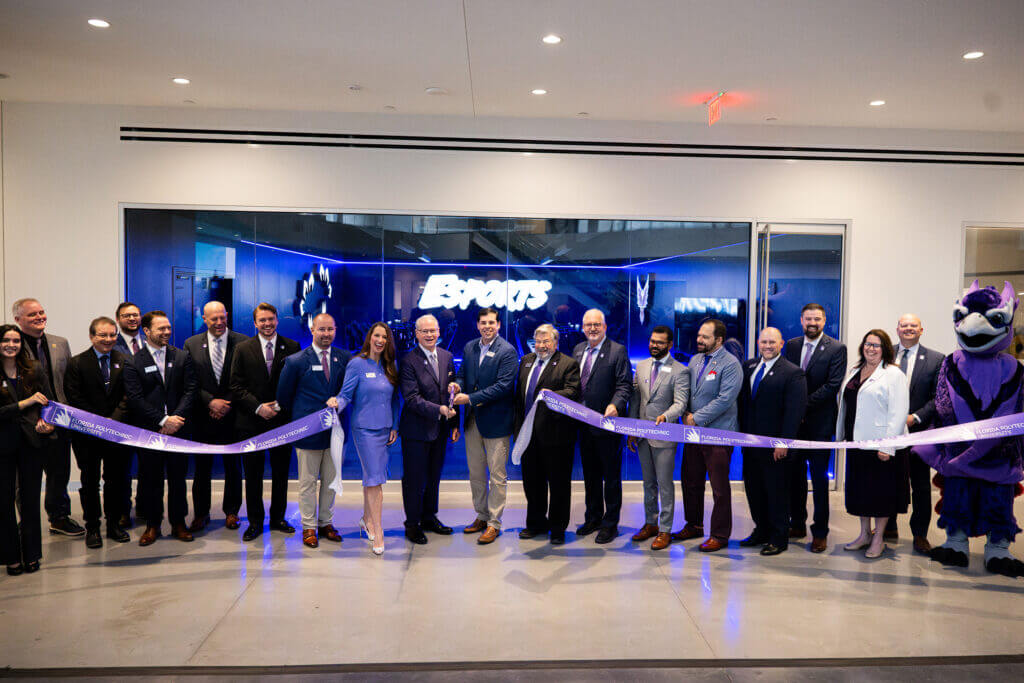The Story Companies Remain Confident in Future of Agriculture & Citrus in Polk County
Fourth-generation citrus farmer Kyle Story remains optimistic about agriculture in Polk County. It is being bolstered by the state’s infusion of money to plant new trees as part of the Rural Renaissance plan.
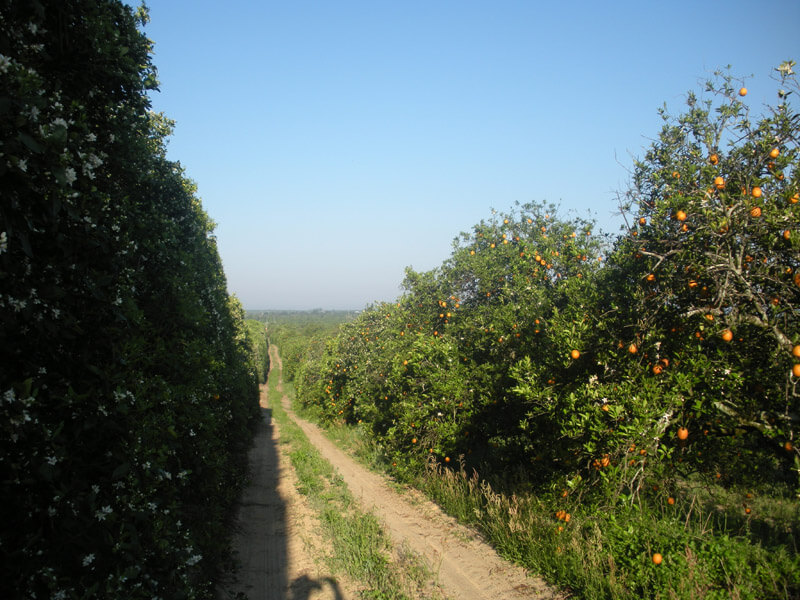
“The Story Companies remains focused and optimistic about the future of Florida citrus. Like the whole industry, we face challenges every day from weather and diseases, but our family is committed to the successful future of growing the best citrus fruits,” said Story, Vice President of the company started in 1945.
Story bought the family land and continues to oversee it, directing 20 full-time employees in Polk County and tending to property and groves in Hardee, Collier and Hendry counties as well.
“Farmers are resilient, optimistic and hard-working, but you have to balance that with being realistic to the battles you face. One of my favorite things about farming is no day is ever the same. Each day presents new hurdles to jump,” he said.
Citrus in Polk
In 2005, Huanglongbing (HLB), a devastating bacterial disease also known as citrus greening, was found in Florida. Spread by the Asian citrus psyllid, it causes citrus trees to decline and produce fruit that’s bitter or misshapen.
In 2003, before three hurricanes devastated Polk in 2004 and citrus greening hit in 2005, Polk was the leading citrus-producing county in Florida, home to 82,577 acres. It now has 58,516 acres.
But Story remains positive that the industry will overcome greening. “We have new therapies to deploy in the groves to make our trees healthier in our fight against citrus greening.”
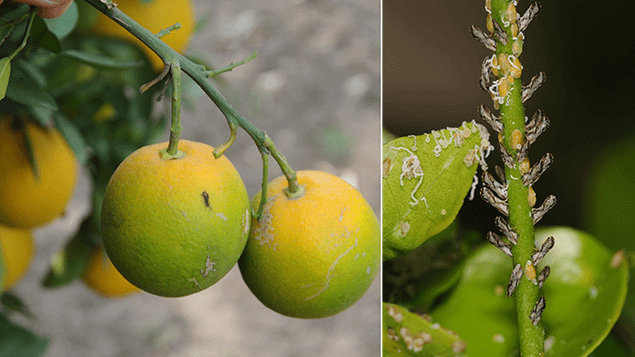
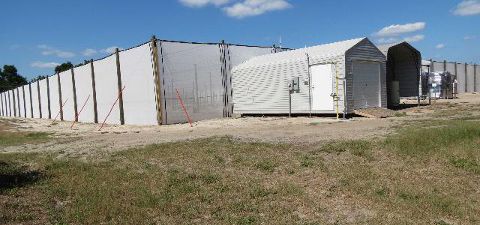
The Story Companies has been investors in Citrus Under Protective Screen (CUPS) in Polk County, which was started in 2019. Developed by Arnold Schumann at the Citrus Research and Education Center in Lake Alfred, CUPS is a new way to grow citrus that is expected to help control greening. It also will produce more and higher-quality fruit while using less water, fertilizer and pesticides.
“CUPS is growing citrus in a controlled environment wonderfully,” he said.
The company is also “using Individual Protective Covers (IPCs) for new trees planted in commercial groves to keep Asian citrus psyllid from attacking the trees with citrus greening.”
The Future
“We recently placed large orders for new trees to plant in Polk and Hardee counties, so we are excited about investing in our future,” Story said. “Partners in the industry are working hard on scions and rootstocks that are resistant to HLB. So, we are looking forward to having those available to replant the industry, especially with the possibility of such a large investment from the state of Florida to incentivize planting such trees.”
Senate President Ben Albritton is leading what’s been called the “Rural Renaissance”. This is a part of the proposed state budget that would allocate $200 million to help the agriculture industry. Albritton is from Polk County and will serve as president of the Senate until 2026. He previously served in the Florida House of Representatives and as chair of the Florida Citrus Commission.
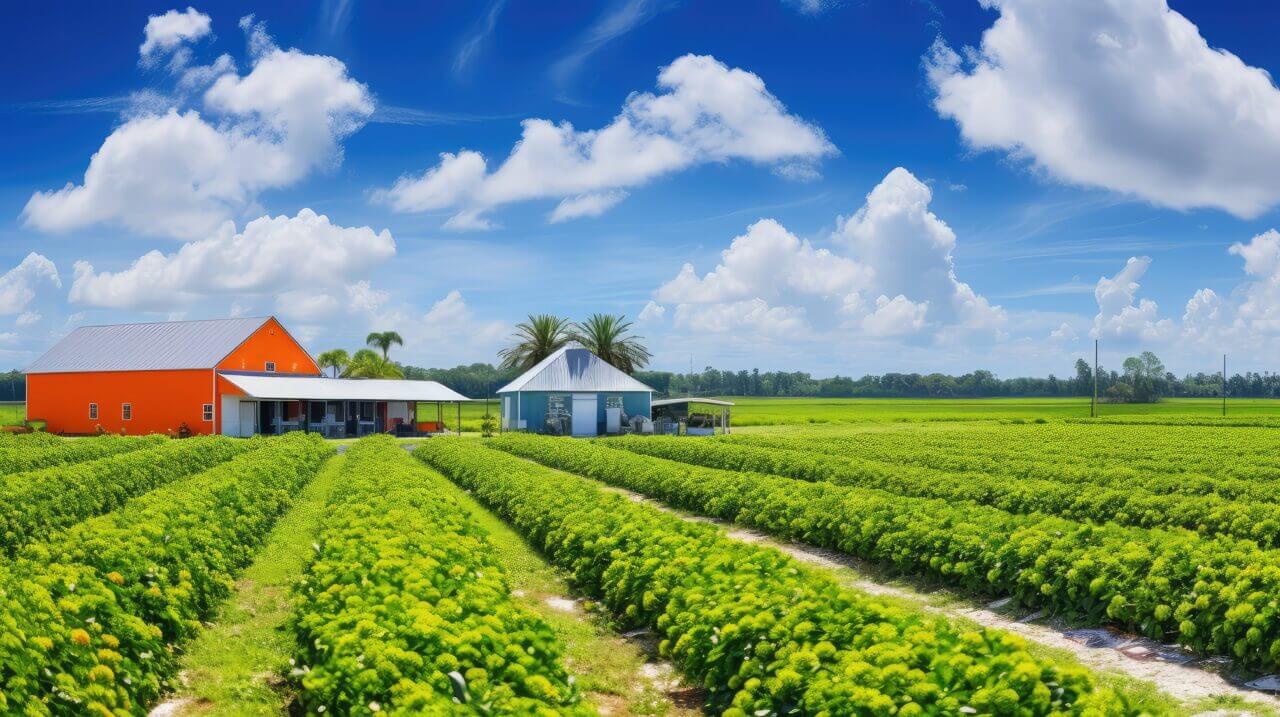
Most of the proposed $200 million would support field trials “to demonstrate the impact of utilizing a combination of grove management, therapeutic tools and disease-resistant varieties for new plantings and the rehabilitation of existing trees,” according to a release announcing the initiative.
That includes everything from planting to disease management to production practices, all designed to increase production of fruit.
Challenges
Like others in agriculture, The Story Companies are challenged by “pressures from weather, diseases and real estate development,” Story said.
But he is optimistic about the next five to 10 years.
“We plan to continue planting the best and newest trees on rootstocks that continue to fight against greening in rural Florida to produce the best citrus in the world. Polk County continues to see more than just citrus in the ag space. Large acreage of watermelons, strawberries and others are keeping ag the backbone of Polk’s economy.”

